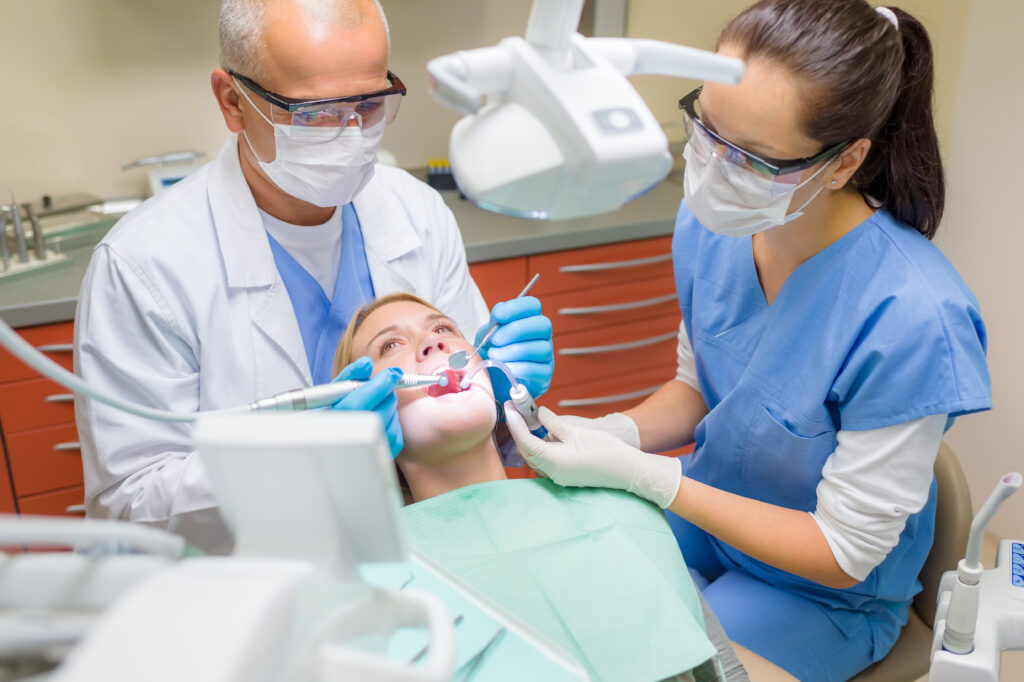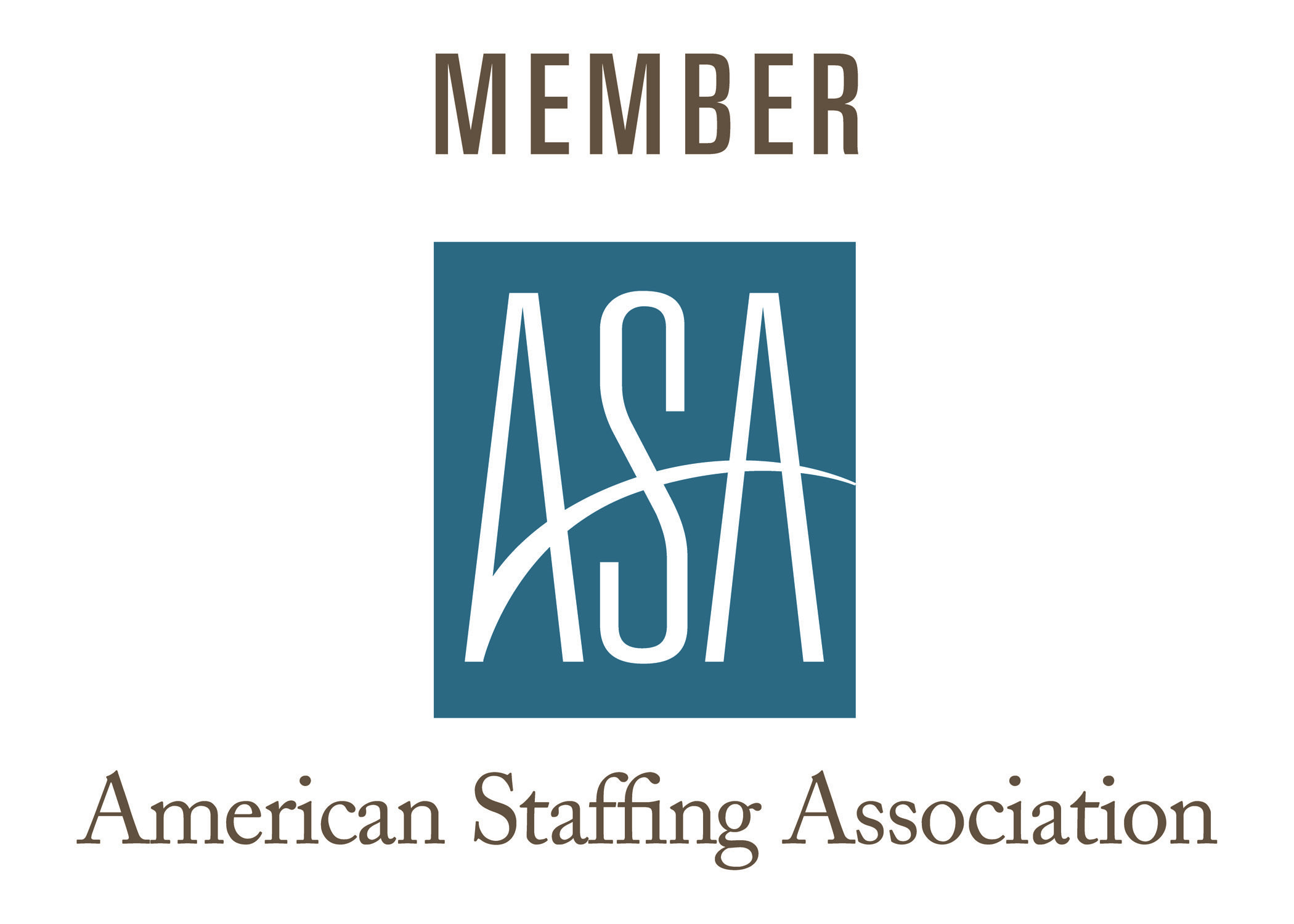The journey from dental school often feels like stepping onto a vast, open plain. While general dentistry offers a broad and essential foundation, many dentists find themselves drawn to a particular peak, a specific expertise within the intricate world of oral health. As dental science relentlessly evolves and patient needs become increasingly complex, the allure of a focused practice grows stronger than ever.
This guide is designed to illuminate the precise pathways to dental specialization in the USA, explore the unique opportunities each field presents, and offer actionable insights to help you navigate this transformative career choice. Specialization isn't just about acquiring advanced skills; it's about carving out your unique professional legacy, maximizing your impact on patients' lives, and discovering unparalleled fulfillment in your daily practice.
Why Specialize in Dentistry?
Considering a dental specialty is a significant decision, driven by compelling benefits that often extend well beyond the broad scope of general practice:
Professional Fulfillment: Focused practice allows for deeper expertise, which can lead to more satisfying and impactful patient outcomes.
Challenging Cases: Find profound satisfaction in expertly diagnosing and treating intricate, specialized dental problems.
Increased Earning Potential: Specialists often command higher salaries due to their advanced skills and narrower field of practice.
Higher Demand: Many areas in the U.S. face a shortage of specialists, particularly in underserved or rural communities.
Career Flexibility: Specialization opens doors to roles in hospitals, universities, public health, and research.
The American Dental Association (ADA)-Recognized Dental Specialties
The American Dental Association (ADA) officially recognizes 12 distinct dental specialties, each requiring rigorous postgraduate training and offering a unique focus. Understanding their primary scope is the first step in charting your course.
1. Dental Anesthesiology: Focuses on the advanced management of pain and anxiety and the administration of general anesthesia and sedation for dental procedures, ensuring patient comfort and safety.
2. Dental Public Health: Concerned with preventing and controlling dental diseases and promoting oral health through organized community efforts, often working at a population level.
3. Endodontics: Deals with the diagnosis and treatment of diseases and injuries of the dental pulp and surrounding tissues, most commonly associated with advanced root canal therapy.
4. Oral and Maxillofacial Pathology: Involves the diagnosis and management of diseases affecting the oral and maxillofacial regions through clinical, microscopic, radiographic, and biochemical examinations.
5. Oral and Maxillofacial Radiology: Specializes in the interpretation of diagnostic images of the craniofacial complex, utilizing advanced imaging techniques like CT, MRI, and cone beam CT.
6. Oral and Maxillofacial Surgery (OMFS): Focuses on the surgical treatment of diseases, injuries, and defects involving the head, neck, face, jaws, and the hard and soft tissues of the oral region. This often includes complex extractions, dental implants, facial trauma, and corrective jaw surgery.
7. Orthodontics and Dentofacial Orthopedics: Concerned with the diagnosis, prevention, interception, and correction of malocclusion (improper bites), as well as neuromuscular and skeletal abnormalities of the developing or mature orofacial structures.
8. Pediatric Dentistry: Provides comprehensive primary and specialty oral healthcare for infants, children, and adolescents, including those with special healthcare needs.
9. Periodontics: Specializes in the prevention, diagnosis, and treatment of diseases of the supporting and surrounding tissues of the teeth (gums and bone), and the maintenance of their health, function, and aesthetics, including the placement of dental implants.
10. Prosthodontics: Focuses on the restoration and replacement of missing teeth and other oral structures. This includes complex cases involving dental implants, dentures, crowns, and bridges, ensuring optimal function and aesthetics.
11. Orofacial Pain: A newer specialty focusing on the diagnosis and management of complex chronic pain disorders affecting the mouth, face, and jaw, often involving multidisciplinary approaches.
12. Oral Medicine: Concerned with the diagnosis and non-surgical management of medically related disorders or conditions affecting the oral and maxillofacial region, often bridging dentistry and systemic health.

Educational Pathways to Specialization
To become a dental specialist in the U.S., professionals typically follow these steps:
1. Earn a Bachelor's Degree: You'll first need a bachelor's degree. While there isn't a specific "pre-dental" major, most aspiring dental students pursue degrees in the sciences (e.g., Biology, Chemistry, Biochemistry).
2. Complete Dental School: Earn a DDS or DMD Degree accredited by the Commission on Dental Accreditation (CODA).
3. Complete a Postdoctoral (Residency) Program: After dental school, apply to and complete a residency program in your chosen field. These programs usually last between 2 and 2–6 years, depending on the field.
4. Obtain State License: Most states require the INBDE (Integrated National Board Dental Examination) and a clinical licensing exam.
5. Obtain Board Certification (Optional but highly recommended): After completing a residency, many dentists pursue certification through specialty boards such as the American Board of Endodontics.
Some specialties—such as oral and maxillofacial surgery—may also require a dual medical degree or additional hospital-based training.
Options for Internationally Trained Dentists
International Dental Graduates (IDGs) seeking to specialize in the U.S. have several potential pathways:
Advanced Standing Programs: These programs allow IDGs to earn a U.S. DDS or DMD in as little as two years.
Specialty Training Programs Open to IDGs: Some U.S. institutions accept foreign-trained dentists directly into postdoctoral programs.
Licensure for Specialists: Requirements vary by state and specialty. Check with the state dental board where you plan to practice.
Visa and Immigration Support: Look for programs that sponsor F-1, J-1, or H-1B visas.
Career Opportunities for Dental Specialists
Specialists in dentistry have a wide range of career options:
Private Practice: Either in solo practice or as part of a multi-specialty group.
Academic and Research Institutions: Teaching future dentists or contributing to cutting-edge dental science.
Hospital Dentistry: Especially for oral surgeons, pediatric dentists, and dental anesthesiologists.
Public Health: Serving underserved communities or working in policy and program development.
Dental Product Development: Specialists can use their expertise to develop and improve dental products, including materials, equipment, and technologies.
According to the U.S. Bureau of Labor Statistics, the job outlook for dental specialists like orthodontists and oral surgeons remains strong, with projected growth well above the national average.
Key Considerations Before Specializing
Specialization is a long-term investment. Ask yourself:
- What patient population or type of procedure am I most passionate about?
- Am I ready for the time and financial commitment?
- Is there demand for my desired specialty in the region I want to work in?
You can explore current trends and salary insights on the American Dental Education Association (ADEA) or reach out to mentors in your network.
How Verovian Dental Recruitment Agency Can Help
At Verovian Dental Recruitment Agency, we are committed to supporting dental professionals at every stage of their career journey—whether you're a newly qualified specialist seeking your first placement, an internationally trained dentist exploring opportunities in the U.S., or an experienced professional ready for a fresh challenge. Our team works closely with a wide range of healthcare providers, including private practices, academic institutions, and community health centers across the United States. We offer tailored recruitment services for various dental specializations such as oral surgery, pediatric dentistry, orthodontics, endodontics, and more. With our deep industry insight and personalized approach, we’re here to help you find the role that aligns with your goals and aspirations.
Ready to take the next step in your dental career? Register with us today, and let us connect you with the right opportunity.
Conclusion
Specializing in dentistry is more than a career choice—it’s a strategic step toward deeper clinical mastery, professional fulfillment, and expanded opportunities. With the U.S. healthcare system in growing need of dental specialists, now is an ideal time to explore where your passion and skills can make the greatest impact. Whether you’re navigating postgraduate training or seeking your first specialist role, the path forward is full of potential.




